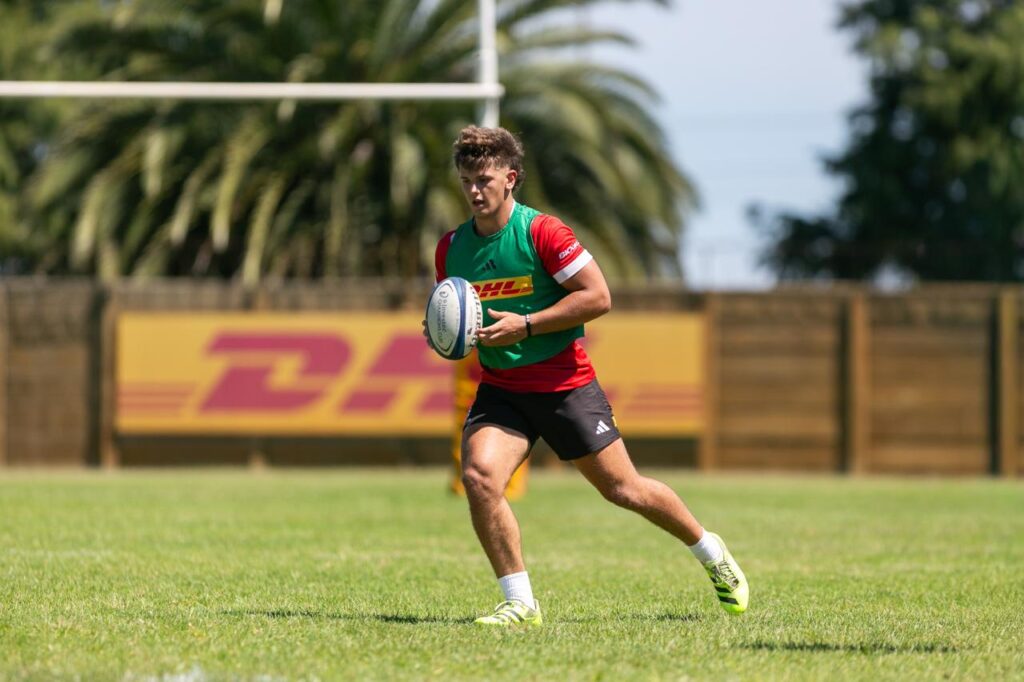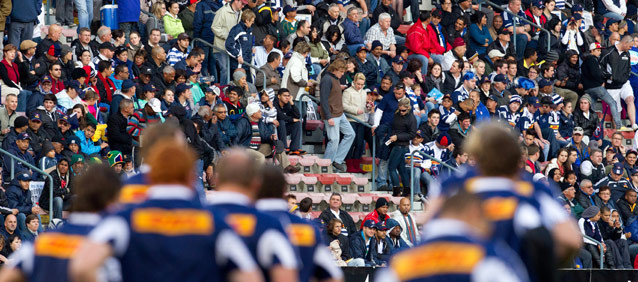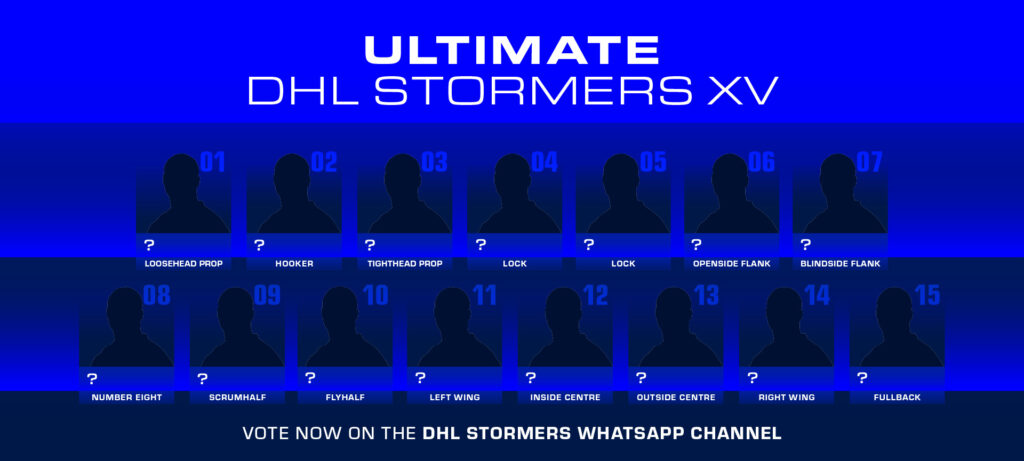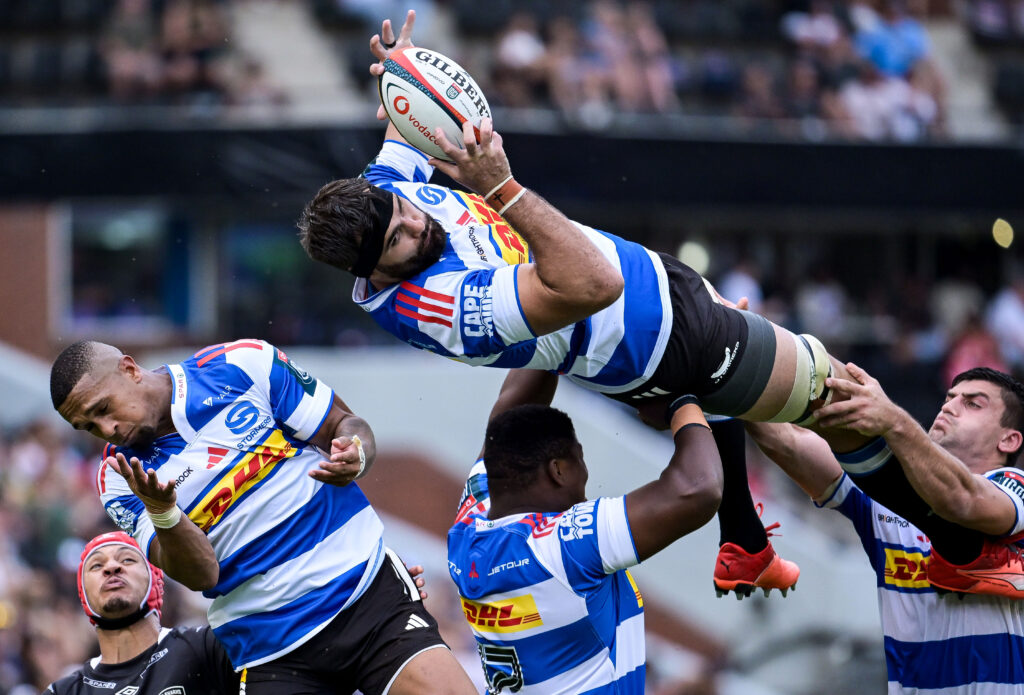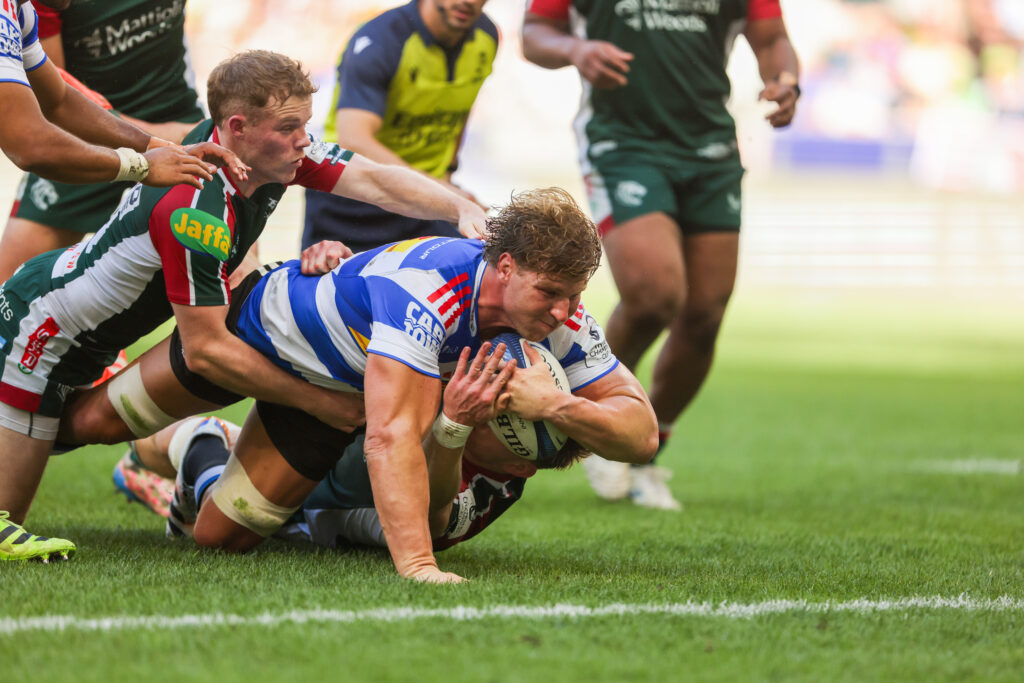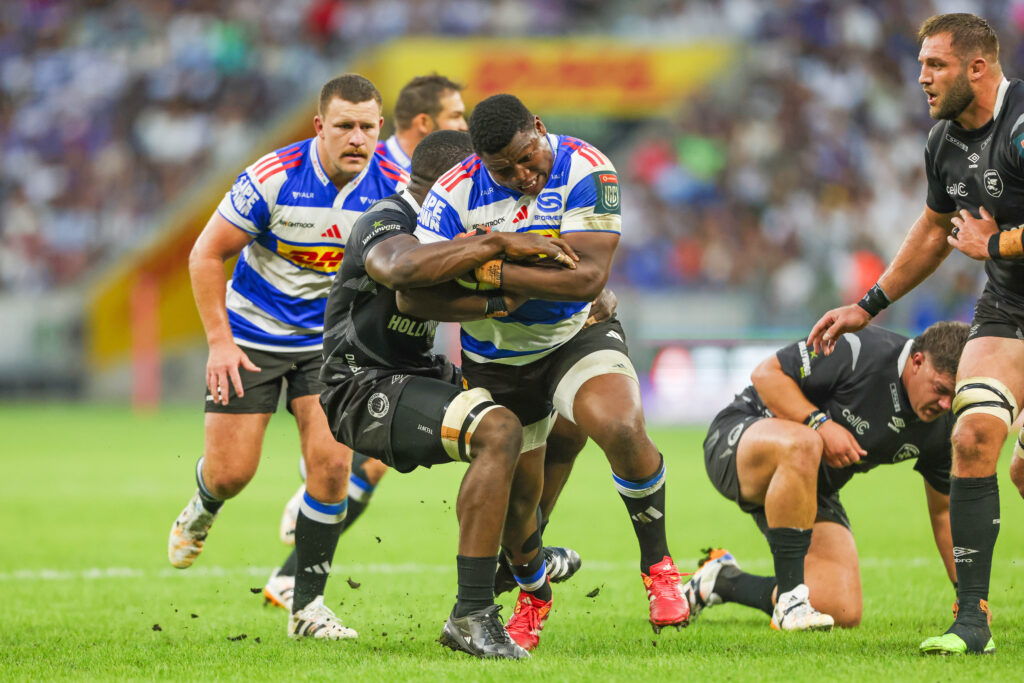To download a comprehensive FAQ document, click here.
The Melbourne Rebels have been added as a 15th team, expanding the competition to five teams from each nation, and the competition structure has been re-engineered to meet the fans’ demand for more local derbies.
The newly structured conference-style format not only promises a competition within a competition it will also ease the travel burden of all 15 franchises. All teams will now play three-quarters of their matches within their won shores.
“I’m very excited by the new format and I think our supporters will enjoy it too,” said SARU CEO Jurie Roux.
“The evidence from all three countries was that the rugby public wanted local derbies, so we’ve doubled those and included a national Conference championship within the overall Vodacom Super Rugby title race.
“The extra derbies and new structure means that our teams will play 75% of their matches on South African soil every season when, in the past, that proportion has been as low as 62% – which must help out teams.
“The extra round in the Finals series will increase the number of teams in the race for the title each season with six places now up for grabs.
“The volume of high-intensity rugby will need to be managed more than ever by teams but this season there are no inbound Test matches so those three or four matches have been replaced by the extra three or four matches that a team would play to reach the Vodacom Super Rugby final,” said Roux.
“The evolution of Vodacom Super Rugby has been a wonderful growth process and showcased some of the best rugby talent the world has ever seen,” Enzo Scarcella, Vodacom’s Managing Executive for Marketing explained.
“Vodacom Super Rugby is demonstrably bigger and better, and we expect the competition to continue its growth as the heartbeat of South Africa’s passionate rugby supporters. The addition of more local derbies will ignite the passion inside us all, and give the competition a more personal edge that can only bring out the best in our teams.” added Scarcella.
The length of the Vodacom Super Rugby competition in 2011 will increase from 16 weeks to 21 weeks due to the forthcoming Rugby World Cup later this year. However during non-World Cup years, the length of the competition will be 24 weeks.
A total of 40 Vodacom Super Rugby regular season matches will be played in each country each season as opposed to 26 in Australia under the Vodacom Super 14 structure and 32 or 33 in South Africa and New Zealand. Each team will play 12 of its 16 regular-season games within its own country – with only four matches overseas.
The Final Series will be contested by six teams. The top franchises in each of the three Conferences will automatically advance to the Finals Series in positions 1, 2 or 3 (depending on their individual competition points totals). The other three sides to advance will be those with the highest number of competition points outside of the Conference winners. The teams qualifying in 4th, 5th and 6th positions can come from any Conference, or they could all come from one single Conference.
In week one of the Final Series, the third-placed team, as a Conference winner will host the sixth-placed team in a sudden death Qualifier, while the fourth-positioned side will host the franchise who ended in fifth in the other sudden death Qualifier. The franchises that ended in first and second positions will enjoy a bye weekend.
The two winners will play the top two sides in Semi-finals the following week before the victors of those playoff games meet in the Final.
Key Vodacom Super Rugby changes:
• An increase in overall matches from 94 to 125 (an increase of 33%)
• A 50% increase in the length of the season in non-World Cup years – from 16 weeks to 24 weeks
• A 31% increase in the length of the season in World Cup years – from 16 weeks to 21 weeks
• 40 Super Rugby regular season matches played in each country each season as opposed to 26 in Australia under the Vodacom Super 14 structure and 32 or 33 in South Africa and New Zealand
• There will be 20 regular season local derbies in each country as opposed to six in Australia, 10 in South Africa and10 in New Zealand under the Vodacom Super 14 format
• Half of all regular season matches will be local derbies
• Each team will play 12 of its 16 regular-season games within its own country – with only four matches overseas
Finals Series Facts:
• The top team in each Conference will automatically advance to the finals in positions 1, 2 or 3 (depending on their individual competition points totals)
• The other three teams to advance will be those with the highest number of competition points outside of the Conference winners
• The teams qualifying in 4th, 5th and 6th can come from any Conference – they could all come from one Conference
• In week one of the finals the teams qualifying 1st and 2nd will rest
• The 3rd placed team, as a Conference winner, will host the 6th placed team in a sudden death Qualifier
• The 4th placed team will host the 5th placed team in another sudden death Qualifier
• The two winners will play the top two sides in Semis the following week
• The winners of the Semis will meet in the Final
Vodacom Super Rugby Key Dates and Fixtures:
Kickoff: Friday 18th February 2011
Final Series
Playoffs: Friday 24th and Saturday 25th June 2011
Semi-finals: Friday 1st and Saturday 2nd July 2011
Final: Saturday 9th July 2011
